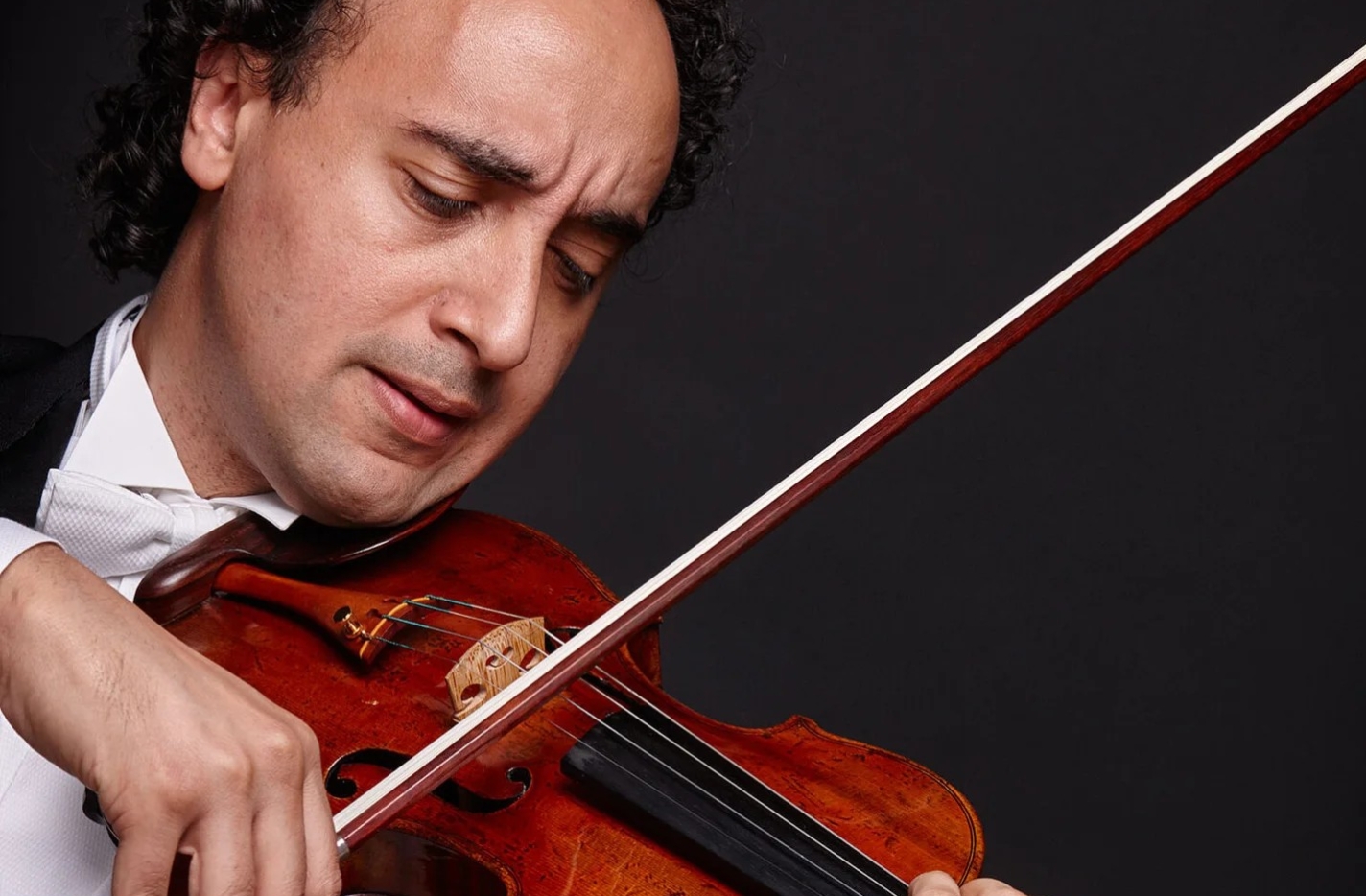Myths and Legends. LNSO, Mario Hossen, Victorien Vanoosten
Performers
LITHUANIAN NATIONAL SYMPHONY ORCHESTRA
(artistic director and principal conductor Modestas Pitrėnas)
Soloist MARIO HOSSEN (violin, Austria)
Conductor VICTORIEN VANOOSTEN (France)
Programme
CLAUDE DEBUSSY – Prélude à l’après-midi d’un faune (Prelude to the Afternoon of a Faun), L. 86
RICHARD STRAUSS – Concerto for violin and orchestra in D minor, Op. 8, TrV110
CLAUDE DEBUSSY – Choreographic poem Jeux (Games), L. 126
RICHARD STRAUSS – Symphonic poem Till Eulenspiegels lustige Streiche (Till Eulenspiegel’s Merry Pranks), Op. 28, TrV 171
About
Composers have always been fascinated and inspired by various myths and legends, and some of them told the spellbinding stories passed down from generation to generation in musical sounds. Myths and Legends concert will feature musical interpretations of myths and legends by two contemporaries – French Claude Debussy and German Richard Strauss.
One of Debussy’s most famous compositions, Prélude à l’après-midi d’un faune (Prelude to the Afternoon of a Faun), is a nostalgic look at ancient Roman mythology, aptly capturing the mood of a lazy summer afternoon and immersing the listener in a subtly sensual state of mind.
Mayhap, the highlight of the concert programme will be Richard Strauss’s Violin concerto in D minor, featuring violinist Mario Hossen, who has been captivating audiences with his profound interpretations. Strauss’ distinctive opus, which he composed as a teenager, is rarely heard in concert halls, but reveals the composer’s mature approach to harmony and his inclination to rethink classical aesthetics.
Debussy’s choreographic poem Jeux (Games) is the composer’s last completed work for orchestra. Here Debussy reveals himself as a master of impressionistic musical language: the single-movement work contains more than 60 changes of tempo, with constantly transforming motifs and shifting orchestral colours creating a seamless and continuous musical fabric.
The concert will end with one of the most famous symphonic poems in the history of music, Strauss’ Till Eulenspiegels lustige Streiche (Till Eulenspiegel’s Merry Pranks). The composer realistically depicts the adventures of a comic character from medieval German and Flemish folklore: a vagabond, unrestrained by societal norms, he embodies the free spirit but is executed for his pranks.


